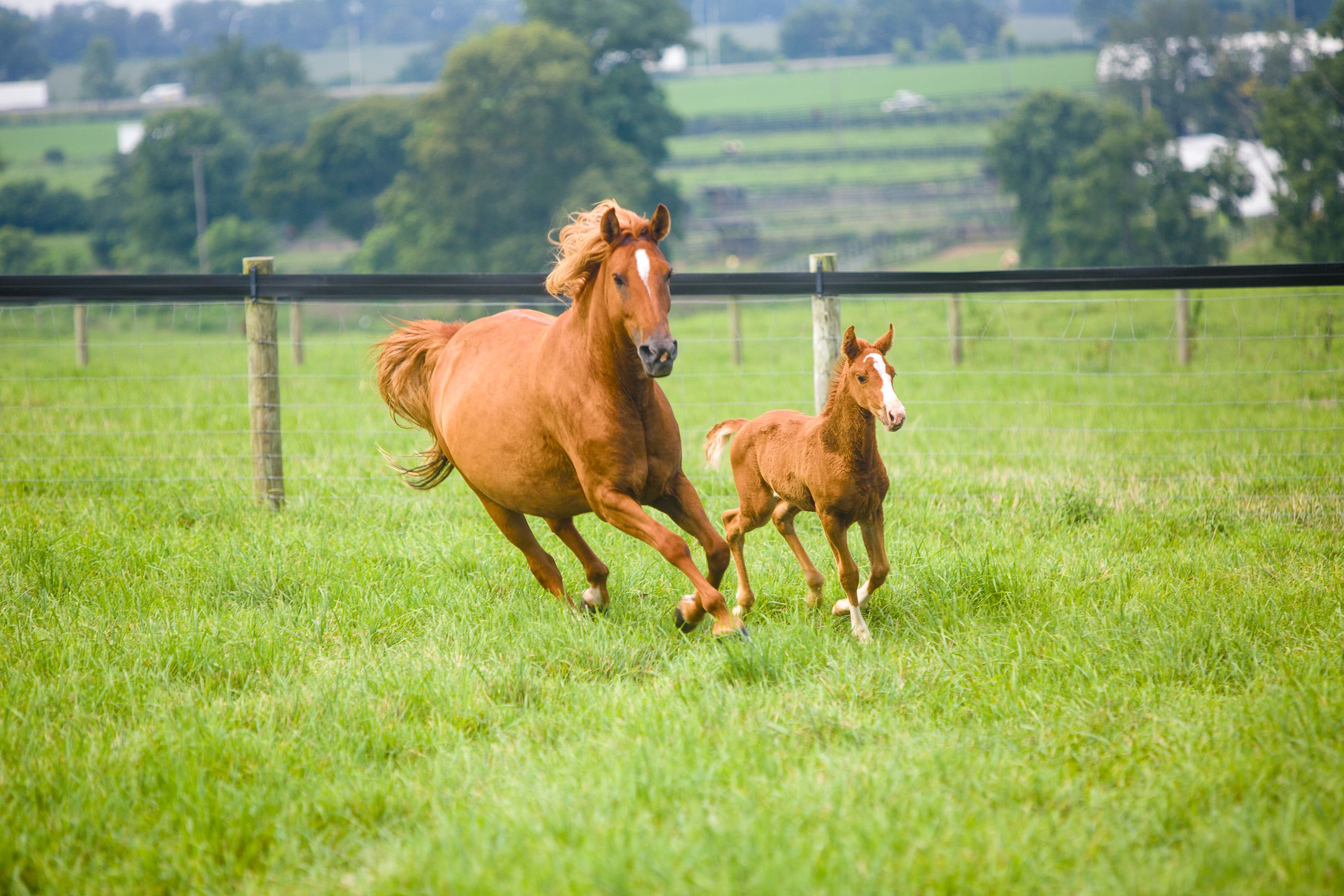UK veterinary lab study vital in leptospirosis vaccine development
UK veterinary lab study vital in leptospirosis vaccine development


Leptospirosis is a costly disease for livestock and pet owners. Causing problems like abortion, premature birth, blindness and more, the disease spreads easily through nose, mouth and eye contact. A vaccine has been available for several years for cattle, swine, sheep and dogs, but until recently, horses were left unprotected.
Researchers at the University of Kentucky Veterinary Diagnostic Lab in Lexington recently celebrated the culmination of many years of work with the release of a vaccine for equine leptospirosis.
In building a case for the vaccine, a process that took 10 years, VDL director Craig Carter and his colleagues approached Zoetis, a global animal health company, with their research. They recruited 29 state laboratories in the U.S. and one in Ontario, Canada, to gather blood from 1,495 horses.
“What we found confirmed our suspicions,” Carter said. “Horses are exposed to leptospirosis across the country. It’s one of those bugs that are everywhere. It’s a unique, coiled bacteria that persists in moist environments.”
Carter said the bacteria inhabit the kidneys of mammals.
“Rodents, skunks, raccoons and opossum are all carriers of the bacteria,” he said. “It’s very difficult to control, which makes it a perfect candidate for a vaccine.”
Zoetis repeated the UK VDL study and came up with the same outcomes. As a result, they prioritized developing the vaccine. After safety and efficacy studies, the company released the vaccine in late 2015. The official name is Lepto EQ Innovator.
Many farms are moving to vaccinate their horses, and the UK VDL will begin to track the effectiveness of the vaccine in Kentucky.
“Now everything starts all over in a way,” Carter said. “Now we need to further evaluate the efficacy and duration of immunity provided by the product.”
Carter sees an economic benefit to stopping leptospirosis. During the 2006-2007 breeding season, the UK VDL confirmed 39 leptospirosis-induced abortions. About half the owners felt comfortable sharing the expected value of the lost foals. The average foal loss was around $189,000. Carter looked back at the abortion cases from 1993 to 2012 and put a loss value on those 541 foals at about $102 million.
“And that’s just here in the Bluegrass, and the estimates are based only on the abortion cases submitted to our laboratory,” he said. “There are about 5 million horses in the United States.”
Of the many types of leptospirosis, two are associated with foal loss. Carter said based on the horses tested in the study, about 45 percent of horses have been exposed to leptospirosis. Depending on the level of exposure and immune response of the horses, they either get sick or clear the infection.
“Although there’s still work to do, we’re really hopeful this will mark the end of leptospirosis as a major disease [in horses],” Carter said. “Our hope is that vaccinated horses will be protected from the abortion syndrome, the renal syndrome and the uveitis, also known as moon blindness.”
Currently, Zoetis recommends vaccinating healthy horses six months or older, and a booster three to four weeks after the initial vaccine. As with any immunizations, owners should contact their vet about vaccinating pregnant mares.
More information about the vaccine is available online, including video interviews with Carter. Click here.
The UK VDL is housed in the UK College of Agriculture, Food and Environment.
Agricultural Economics Research



